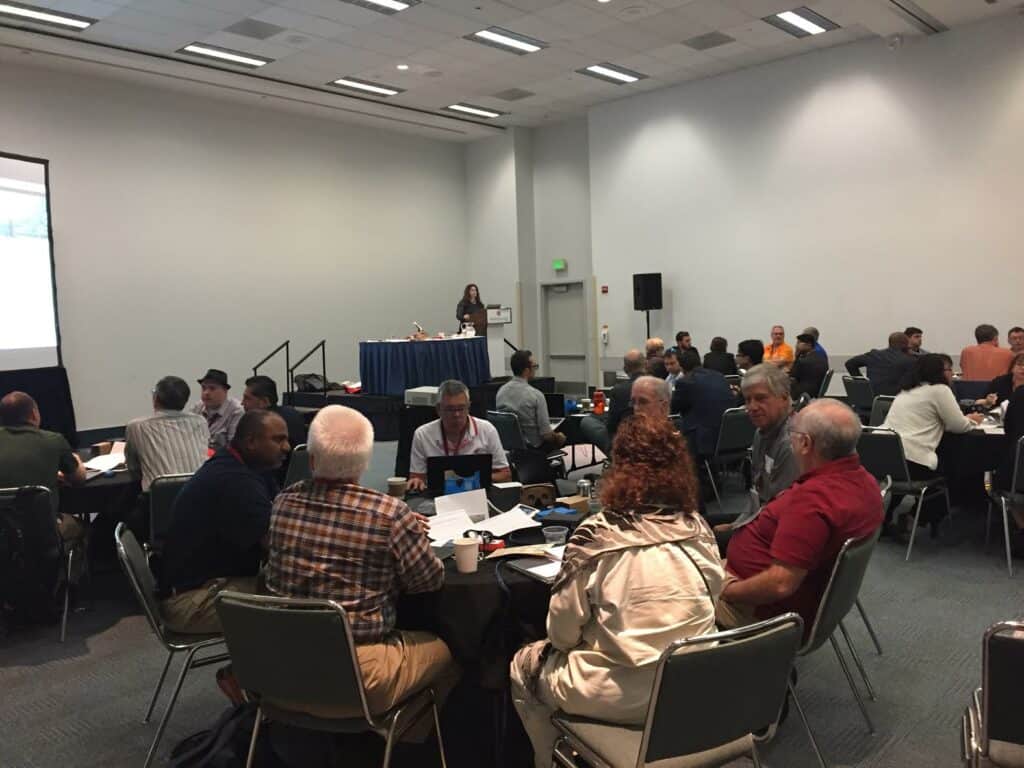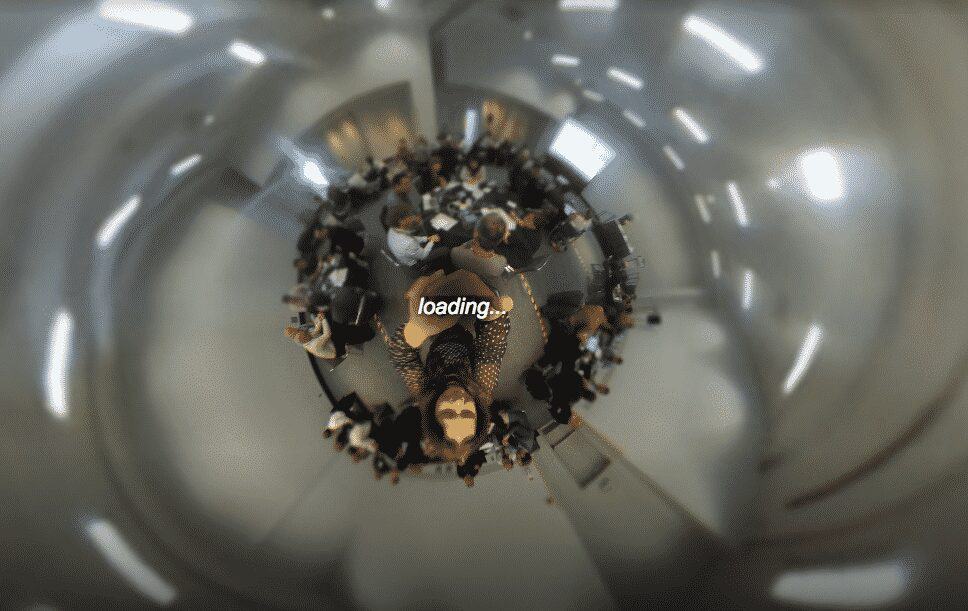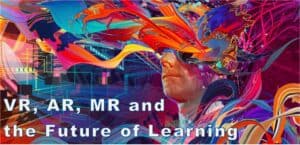VR and the Future of Learning conversations kept us busy at Educause. For the second year in a row we had the privilege to facilitate a pre-conference seminar at the Educause annual conference. This year we had a sold out session and a wait list of interested attendees. With 70+ participants who joined us to learn more about AR, VR and MR and share their work, it gave us the opportunity to see how VR impacts the future of learning.

The main focus of our three hour seminar on VR and the Future of Learning was to explore the learning opportunities afforded through the development of virtual reality devices, platforms, and experiences. During the session, we reviewed projects that can be implemented in the classroom, makerspaces, innovation centers, and VR labs.
And we asked participants to travel into the not so distant future of 2025 and discuss the elements of a potential Virtual Reality Strategy for universities. Virtual reality offers immersive interactive experiences that create compelling learning resources and environments, but getting there requires innovation in pedagogy, learning space design, and institutional culture. I will write more about the latter in a follow-up post.
The Seminar Data: VR on Campus
Whenever we do a seminar, we always canvas the participants in advance. It helps us design relevant content and plan activities based on their needs. The results from our surveys are certainly small and unscientific, but it gives us – and everyone in the sessions – a glimpse of where virtual reality is on campus.
At Educause, the majority participants came from US Higher Ed institutions, but we were also joined by colleagues from South America, Europe, Australia and Japan. For this workshop, only 25% reported having VR or AR projects on their campuses. This is not surprisingly as both high-end and mobile VR headsets were just released this year on the consumer market.
Does your campus have a Virtual Reality project?
More interesting were the answers to a follow-up question about the campus timelines for a possible VR/AR implementation. While only 25% have a VR/AR project in place, 35.6% are experimenting with VR and an additional 17.3% plan to begin doing so in 2017. The data was confirmed by our conversations with the participants as they shared examples and possible projects. Many are having conversations with faculty or exploring how to integrate it with programs on their campus.
What is the timeline for your campus to experiment with Virtual or Augmented Reality?
Almost half of the seminar participants were still at the stage of initial conversations or had no plans at all. 17.3% reported no current plans and 28.8% saw their campus or IT areas looking at integrating virtual reality over a two year time frame. Probing deeper, we learned that many without current plans saw the seminar as a way to get up to speed and understand how best to introduce these topics on campus.
Many participants shared updates of their current VR experiments. There were questions on how to support VR headsets in the classroom and campus environment. Others want to identify concrete teaching and research opportunities. Participants shared current projects in medical education and programs with a focus on communications, simulations and games.
Listening to the participants, the most common theme is that everyone is in a learning mode. Most campuses are in the early stages of these developments and recognize the need to learn more about the technology and ways they can engage faculty.

Insights from the Educause Seminar
To summarize some of the discussions by the participants in the seminar, the potential benefits of using virtual and augmented reality in education can be organized in three categories:
1. Makes difficult concepts easier to learn through visualizations and simulations
2. Gets students excited and engaged in the learning process
3. Provides a low cost way to do field trips and experiential learning
During the seminar questions around the availability of suitable educational content were raised. Content is key not only to the adoption of VR in education but in the consumer market. The majority of the content today is geared towards medical education. That makes sense given the amazing medical simulations coming online, but it leaves out the potential of using virtual reality in the liberals arts and social sciences.
Questions also focused around the selection of the appropriate headset and support for VR on campus. High-end VR headsets provide a deeply immersive experience but come at a higher cost and require more support from staff and a dedicated space. Mobile VR is less immersive but can be done in almost any classroom by leveraging students’ smartphones.
There were a number of additional questions that came up during the seminar, including a few on accessibility issues and motion sickness. In addition, some expressed concerns about current book publishers moving into the VR space and immersive content coming under DRM restrictions. This is a critical issue we’ll explore in a future post.
Here is an short video we co-created with Educause during the 2015 conference. It explores three ways Virtual Reality can enhance learning and gives additional examples.
The Conversation on VR and the Future of Learning continues
The best part of the Educause conference is that the conversations extend beyond the sessions. Questions and discussions from participants in the pre-conference seminar continued throughout the conference. We also shared some of the seminar insights in the Future Trends Forum with Bryan Alexander. During a dynamic session we discussed insights on the state of VR in education, took questions from the online audience and discussed future developments including Google’s Daydream VR platform, Snap Spectacles and Magic Leap.
There is no doubt VR and AR topics have definitely entered the conversation in higher education. This was confirmed by the large number of CIOs and executives who joined our seminar. VR projects, while experimental in scope, are increasing by the day and there’s a greater awareness of the potential to transform learning. And we are connecting these developments to our current projects in learning analytics, adaptive and personalized learning.
It’s exciting to see potential of VR and how it will impact teaching and institutional culture. If the mobile revolution cracked the door to learning resources anytime and anywhere, virtual reality is the portal to deeply immersive and personal forms of experiential learning.
Maya Georgieva is an EdTech and XR strategist, futurist and speaker with more than 15 years of experience in higher education and global education policy. Her most recent work focuses on innovation, VR/AR and Immersive storytelling, design and digital strategy. Maya actively writes and speaks on the topics of innovation, immersive storytelling and the future of education and consults organizations and startups in this space.



